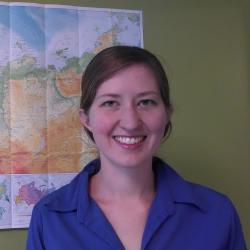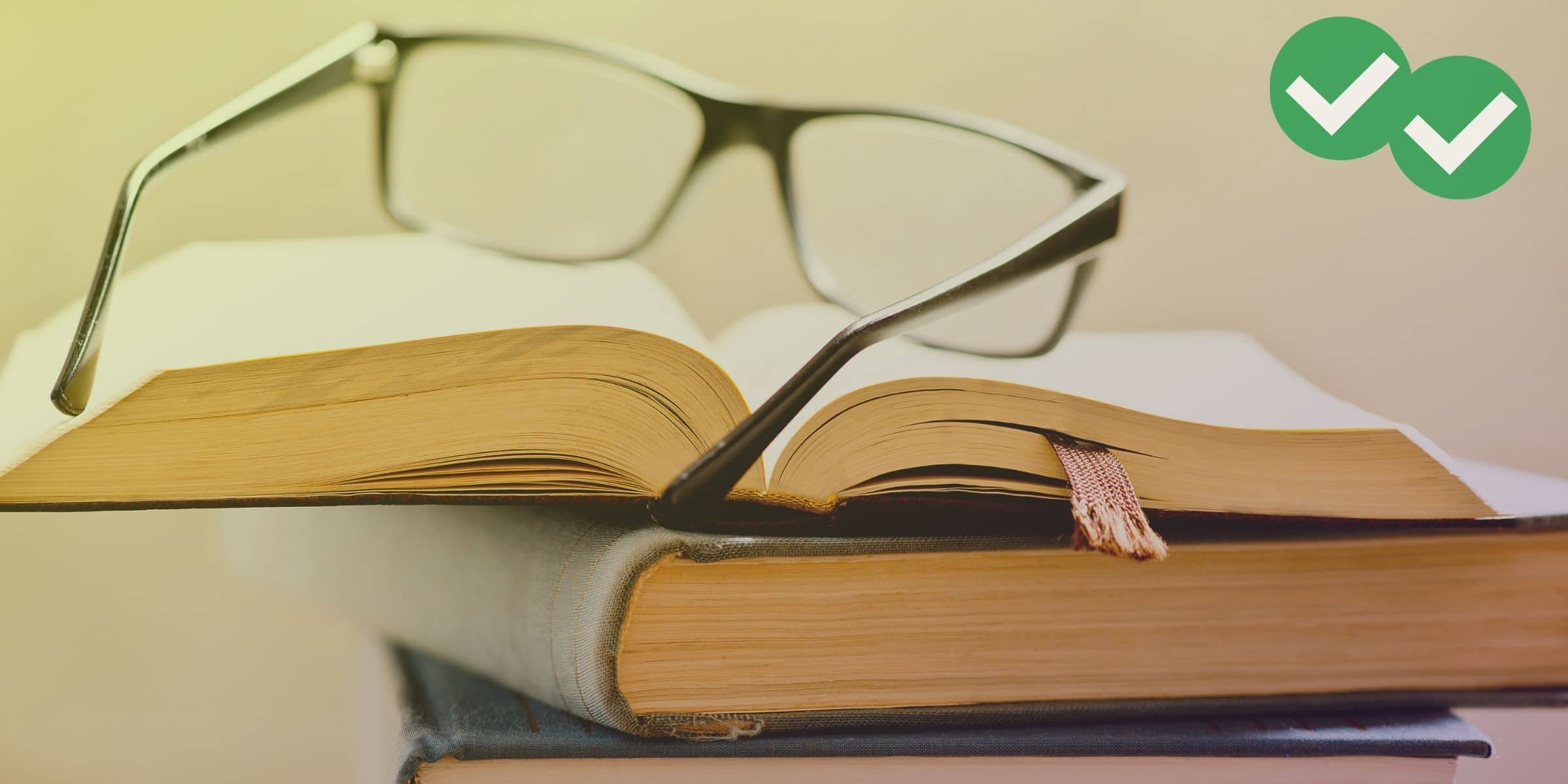The TOEFL isn’t supposed to test specialized subjects—it sticks to widely applicable words, and when a bit of jargon is required, the test offers a definition. Nevertheless, you will probably need more English than is on the TOEFL to achieve your goals. For example, maybe you may plan to go to medical school or become a pharmacist. If that’s the case, you’re going to be doing a lot of vocabulary-building within those fields. And while medical and pharmaceutical vocabulary won’t help you on the TOEFL, you can study for both at the same time.
Below you’ll find some study tips that will help you translate your vocational vocabulary into English. Note that this article is written under the assumption that you already know your subject well, having finished any qualifying degrees in it, and possibly even having worked in this field already in your native language. If that’s not the case, my suggestions can still help you, but you might have to adjust them to fit your current level.
Use authentic study materials for practice
Because English for specific purposes is so, well, specific, you’ll probably have a lot of trouble finding good resources for English language learners in your field. Since studying with bad materials can do more harm than good, I recommend that you rely on authentic materials instead of English books. If you’re a doctor, check out the websites and books that students use to study for the boards. If you’re an electrician or a pharmacist, find the required reading list for an introductory class in your field and hit the books (not literally—“hit the books” means to study hard)!
Convert these subject study materials into English study materials
As you’re reading these books, make vocabulary lists to study from. There are lots of ways to do this, but here’s the one that I would recommend: read an introductory textbook of some kind to get a grounding in the basic words used in the field. Because you can use your prior knowledge to match the concepts to the words, you will avoid the danger zone of using dictionaries and translators (they always lie—at least a little bit). Then start getting into more specific books. Maybe even incorporate some video or other multimedia resources that deal with specific topics so you can learn all the minor vocabulary associated with each. As you read and listen, make a page for each topic where you write all the words and phrases you learn so you can use them for practice later.
Get a study buddy to help you apply your knowledge
When a student of mine was studying for the medical boards, she asked me to pretend to act like a patient with certain symptoms so she could practice doing a physical examination and diagnosis in English. Even though I didn’t have much knowledge of medical English, that process helped expose holes in her English knowledge and gave us an opportunity to work out how doctors do their jobs in the US.
Pay attention to cultural differences
Don’t forget that being awesome in your field will depend not only on your vocabulary, but also on your cultural knowledge. Pharmacists may play a slightly different role or have a different relationship with customers in your country than in the US. We all do things differently, and it’s a good idea to at least know what these differences are, even if you decide to continue doing it the way you were first taught. So as you’re studying, pay attention to any material that goes against what you know. If it’s different, find out why and decide how you should proceed with that material. This is the final step to being really bilingual in your field.





